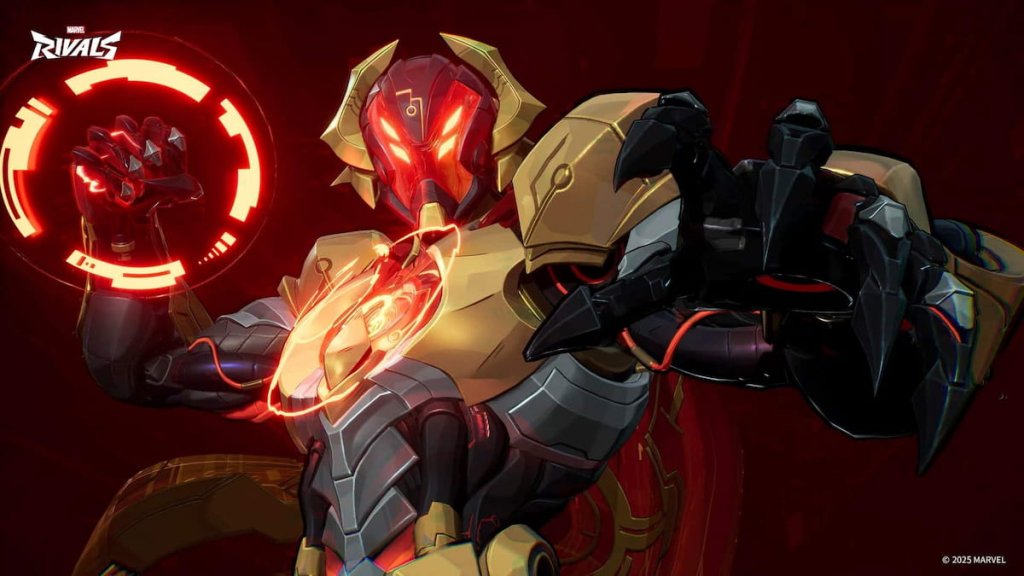
Warzone bans by Activision won’t even make a dent
It’s not exactly a secret that the Call of Duty games have been plagued by cheating for as long as online play has been a thing in the series. Problems range from the odd kid with an aimbots to organized efforts to sabotage, troll, stream-snipe and more. While publisher Activision has always claimed a zero tolerance approach to this, ultimately, even repeated ban waves and attempts to curb the issue were unsuccessful.
Trying to figure out why people are cheating, or even how cheating impacts the esports scene is a mind bender on its own. What is important to think about is, why are all the developers so lax when it comes to fighting cheaters, and why every single action taken always seems to come too late.

© Call of Duty
Activision’s efforts
The game creators have made a big statement in one of the biggest ban waves in history. In an effort to punish both cheaters and cheat providers, Activision banned more than 60.000 accounts in one single wave today. Overall about 300.000 permabans have been issued since the launch of the game, and fans have been more than frustrated with the rampant cheating epidemic going around. Streamers like Vikkstar quit the game altogether because of this issue:
This is why I quit Warzone: https://t.co/7A18b1Uapp
The fact players can livestream themselves blatantly hacking with zero repurcussions blows my mind. This guy is 2nd prestige & broadcasts hours of himself hacking.
This NEEDS to be addressed & fixed @CallofDuty @RavenSoftware pic.twitter.com/jyfoEilyzJ
— Vikkstar123 ★ (@Vikkstar123) January 30, 2021
The latest ban, came only days after Vikkstar’s complaint, and the wave of re-tweets and uproar that followed. It’s also quite true that there are streamers who openly show themselves cheating in-game without punishments – it’s quite a source of frustration for fans and players who don’t actually want to cheat.
Since the launch of the game, the creators have implemented a whole series of measures, none of which really succeeded at ending the cheating issue – not the weekly security updates, not the improved in-game reports, not the 2FA, not the elimination of 3rd party software providers, and so on.
While the 2FA alone managed to knock out 180k suspect accounts, ultimately it’s not so difficult to tie an account to a fake cellphone number. When it comes to the actual banning, there is still quite a lot left to be desired – a zero tolerance policy isn’t good enough without consistent enforcing and faster reactions to reports. Game developer Raven Studios and publisher Activision have so far fallen short of expectations – even though the latest ban wave will hopefully improve the situation at least temporarily.
[cta id=2581 type=geo]Where are all these hacks coming from
There are plenty of hacks to report. Warzone has seen all sorts of hacks, trainers, injectors, hex editors, and even texture hacks. We wont list all the hack providers, not to tempt any potential hackers from picking up a bad habit.
What is already publicly known is is the ban wave last September, and particularly users of cheat app EngineOwning. Once again the same provider got targeted by Activision this time. According to an anonymous source, players who used the app even once since the last wave were banned.
In the official Discord of the EngineOwning app, fans are quite upset that their accounts getting banned, not that any normal player is particularly sad on their behalf of course. This is doubly obvious when you consider that a number of streamers and high-profile players have come forward to call out the ones responsible for sorting the mess.
While some companies tried to cease and desist and pursue legal action against cheat developers, the odds of that sort of strategy lowering the amount of cheaters and cheat providers are very low. What developers need to really focus on is developing adequate anti-cheats that are a step ahead of these cheat providers. It’s not impossible, but would include companies caring less about quarterly profits and more about the longevity of their titles.
Read next: Warzone Cheating is holding Its esports scene back – What can be done?











